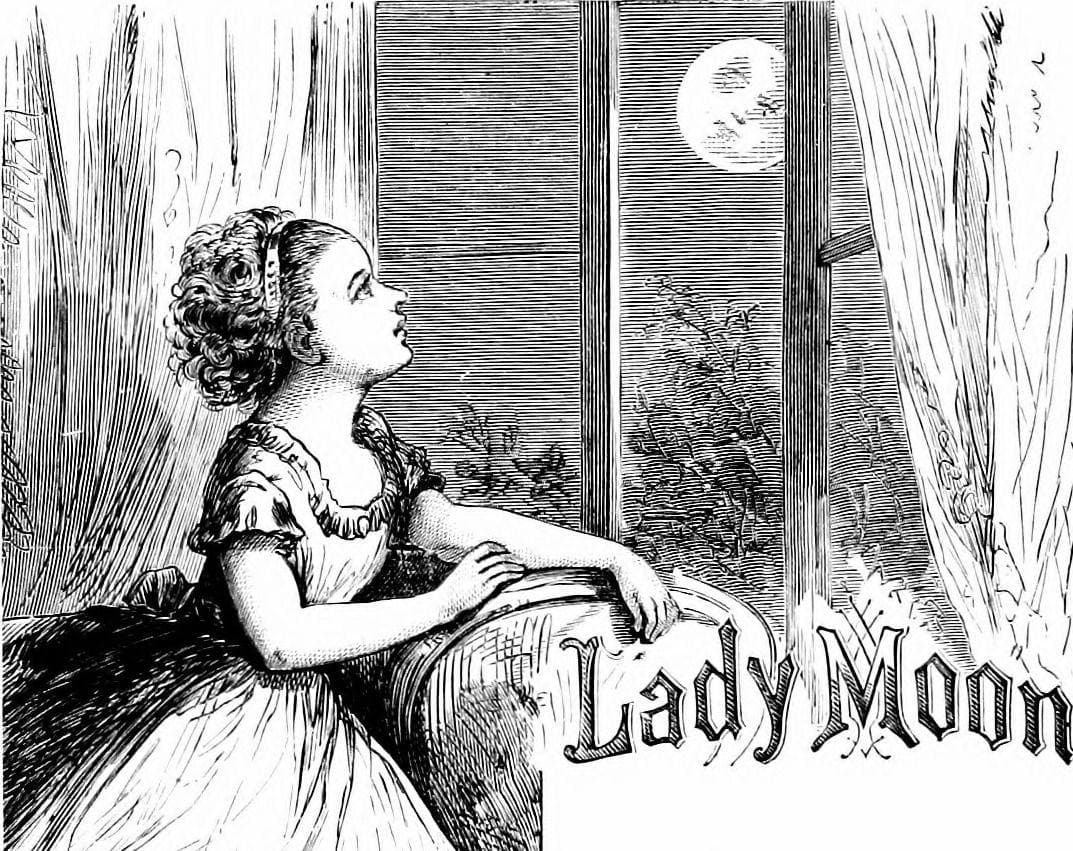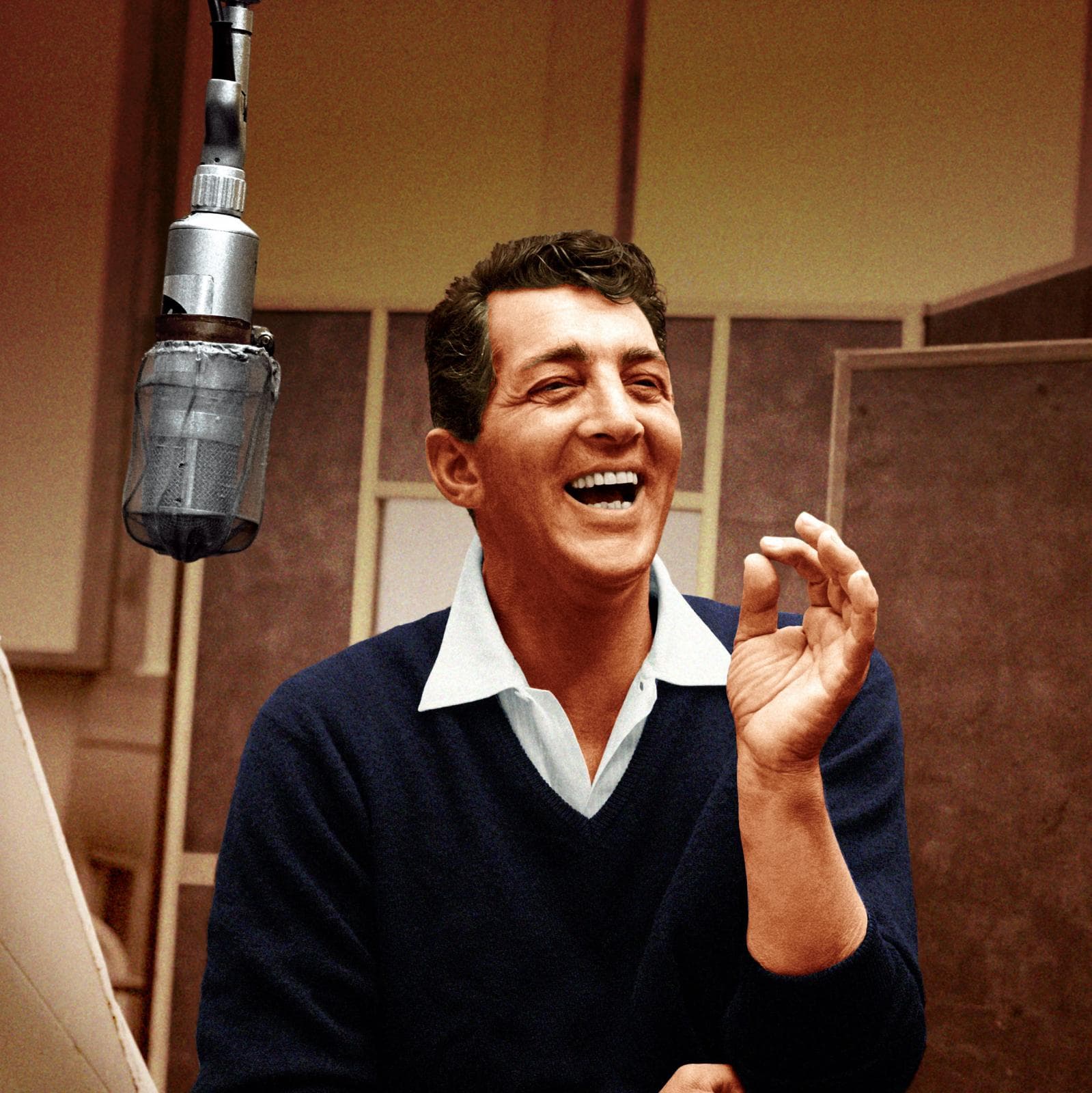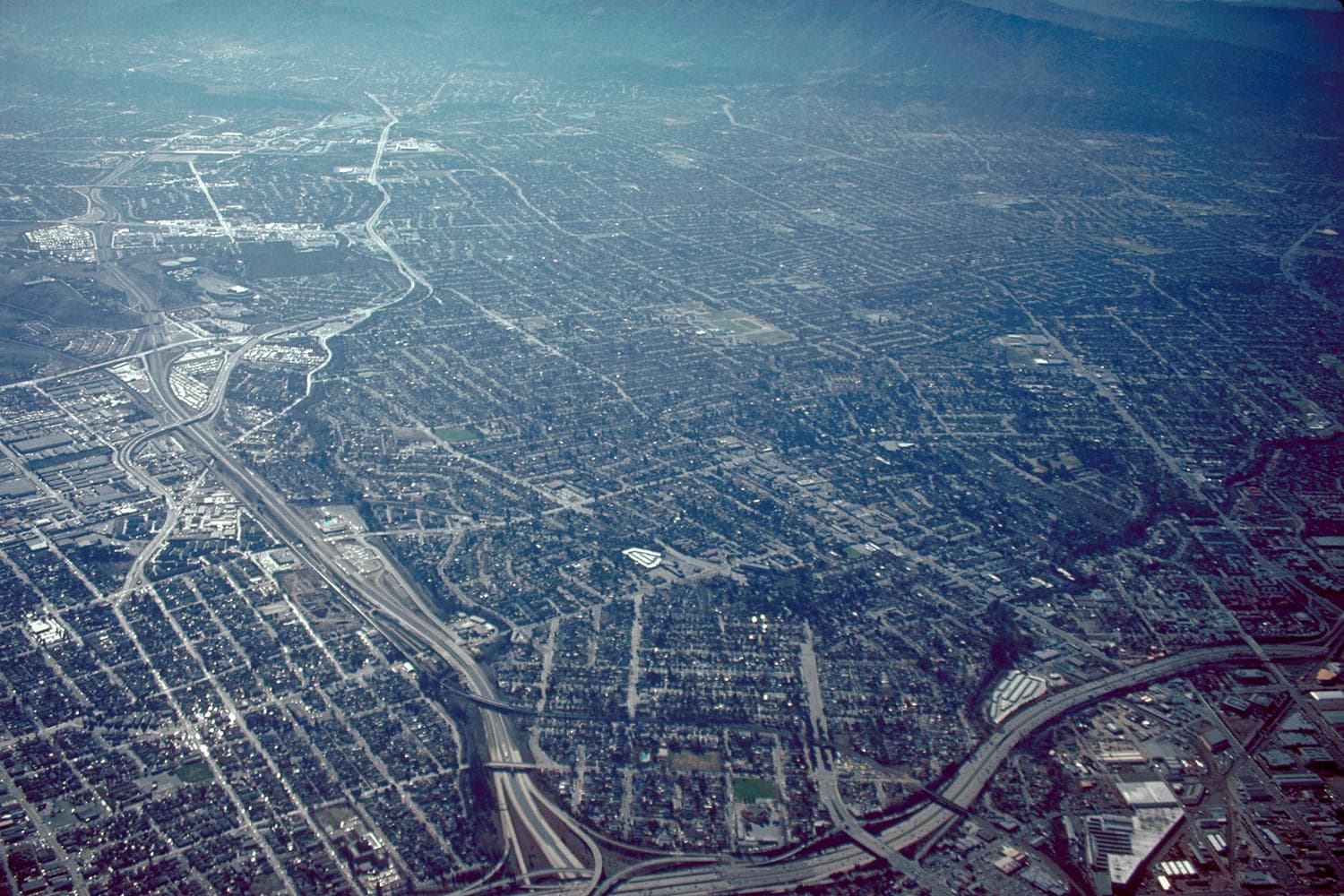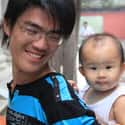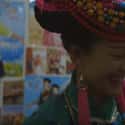-
(#3) Women Are The Heads Of The Households, With Men Not Usually Involved In Raising Their Own Children
Mosuo women are responsible for the running of the house, including cooking, cleaning, and childcare. In Mosuo culture, children are usually raised by their mother, grandmother (the head of the house), aunts and uncles. There actually is no word for "aunt" in their language, since all of the women of the family play a mothering role to the children.
Although the fathers are traditionally not expected to play a large role in their kids's lives, they do participate. Some fathers watch their own little ones while the women work, and participate throughout their lives. But most of the time, men are more heavily involved in the raising of their sisters' children. No child is ever "fatherless," they simply share many father figures.
-
(#5) Households Can Hold Dozens Of People, None Of Whom Are Married To Each Other
The household structure of Mosuo families differs significantly from the Western nuclear family. Grandmothers are the family leaders, with all of their children and grandchildren living together in one large home. Once they are old enough, young women are given their own room in the house, so that they can host suitors in privacy. Young men can move away, but many stay at home and help care for the younger members of the family. As large as the family may be, all of the members are related by blood, and never through marriage.
-
(#1) In The 'Kingdom Of Daughters,' Girls Are Preferred Over Boys
In all other areas of China, baby boys are preferred over baby girls. Because of the one-child policy, girls are sometimes abandoned. In the Mosuo villages, the preference is the opposite- though thankfully they don't abandon baby boys. Both genders have an equal division of work within the community, and are treated with fairness by the opposite sex. However, it is females that have the pride of leadership, and are celebrated as givers of life.
-
(#8) The Older Women Of The Village Are Known For Their Strength And Dignity
Described by National Geographic as "sagacious and physically strong," as well as "present and full of dignity." The matriarchs of the Mosuo society carry themselves with pride, just like any other leaders. Photographer Karolin Klüppel encountered women with bodies still strong from a lifetime of hard work, and many in their 80's were even stronger than some of the men. In spite of their dignified manners, the women are still very social and love to laugh and joke around.
-
(#10) There Are Few Other Matrilineal Societies Left In The World
Although they are uncommon in modern times, a handful of other matrilineal societies still exist around the world. The Akan people of Ghana, the Garo of northeast India, and the Minangkabau of West Sumatra, Indonesia, all share similar traditions with the Mosuo, however, each group has its own set of practices when it comes to marriage, property ownership, and inheritance. The Minangkabau are the largest, reporting four million community members.
-
(#6) Tourism Is Quickly Eroding Their Culture
Tourism to Lugu Lake didn't really begin until the 1980s, and until the 1990s, foreigners were not allowed to visit. The increase in tourism has brought a new source of income to the Mosuo people, and many families have begun to earn significantly more money by having members participate in nightly "barn dances" for tourists, working as tour guides, or running hotels.
Sadly, there is a downside to the increased tourism. The tiny region is now flooded with noise and garbage, with the higher number of people putting a strain on the natural environment. Some visitors also drastically misinterpret the idea of the "walking marriage," making passes at local women. Geze Duoji, a local guide, jokingly told NPR that they have to "beat up" some tourists who misbehave and try to take advantage.
New Random Displays Display All By Ranking
About This Tool
China has 56 ethnic groups, and almost every ethnic group has its own unique culture and customs, language or script. The Mosuo people have lived on the banks of the beautiful Lugu Lake in Lijiang City for generations, they still retain the ethnic culture of the matriarchal society. This small village is entirely run by women and has its own national language but no writing. Walking marriage is the most representative marriage custom of the Mosuo people.
Until now, the family form of matriarchy still remains on the shore of Lugu Lake, the Mosuo people are called the mysterious daughter country. This is one of the most mysterious and interesting Mosuo cultures that Chinese and foreign scholars and tourists find. The generator will help to know more about this Chinese village.
Our data comes from Ranker, If you want to participate in the ranking of items displayed on this page, please click here.

